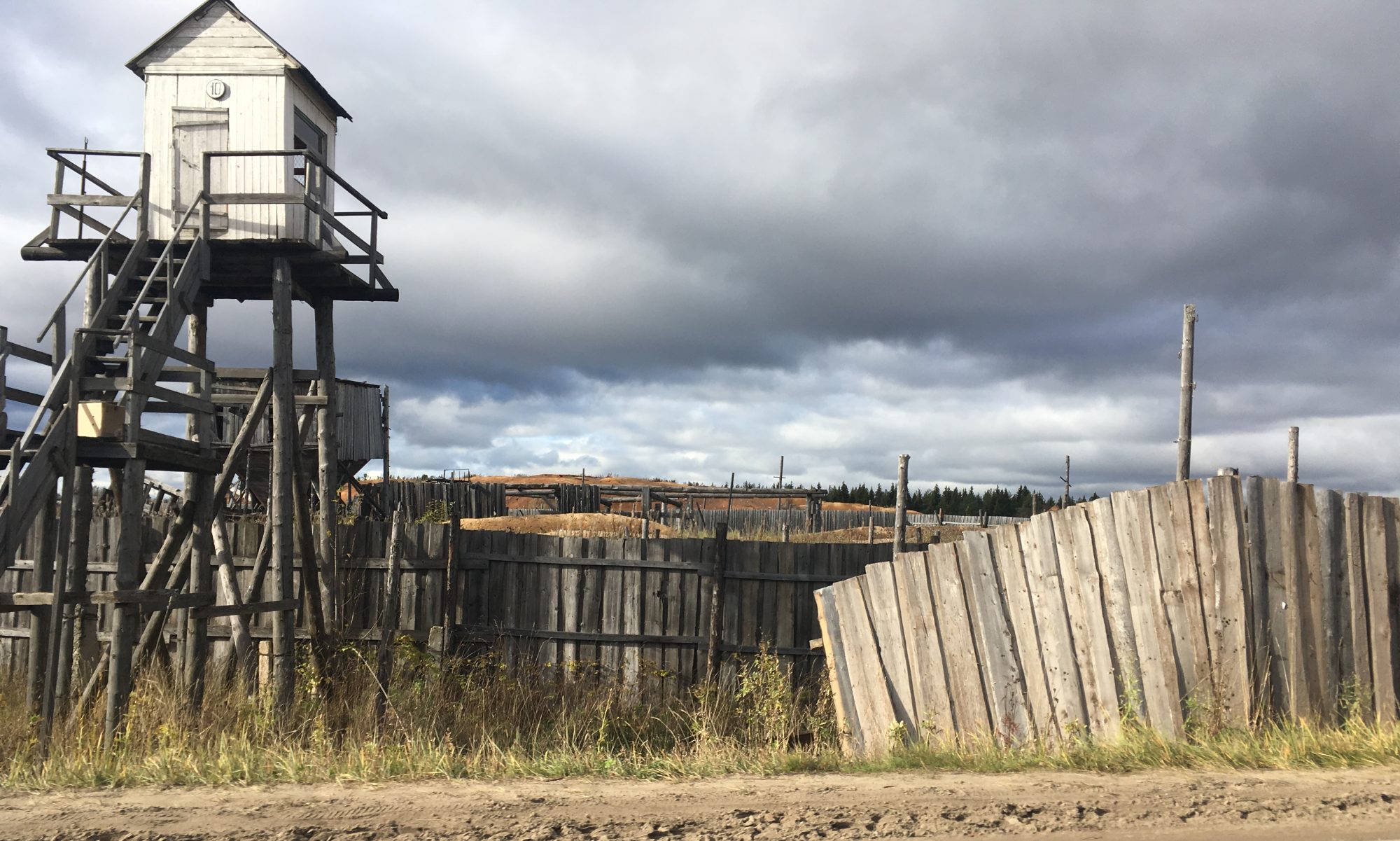BY DR. MIKHAIL NAKONECHNYI
In a new series of posts, historian Mikhail Nakonechnyi, Postdoctoral Researcher on the Gulag Echoes project, takes a look at how epidemics were contained in the prisons of the Russian Empire. The first of his two posts analyses the Cholera epidemic of 1892-1893. You can read the second post here. Continue reading “Prisons and the cholera epidemic of 1892-1893: How the Russian Imperial penal system contained the outbreak”
